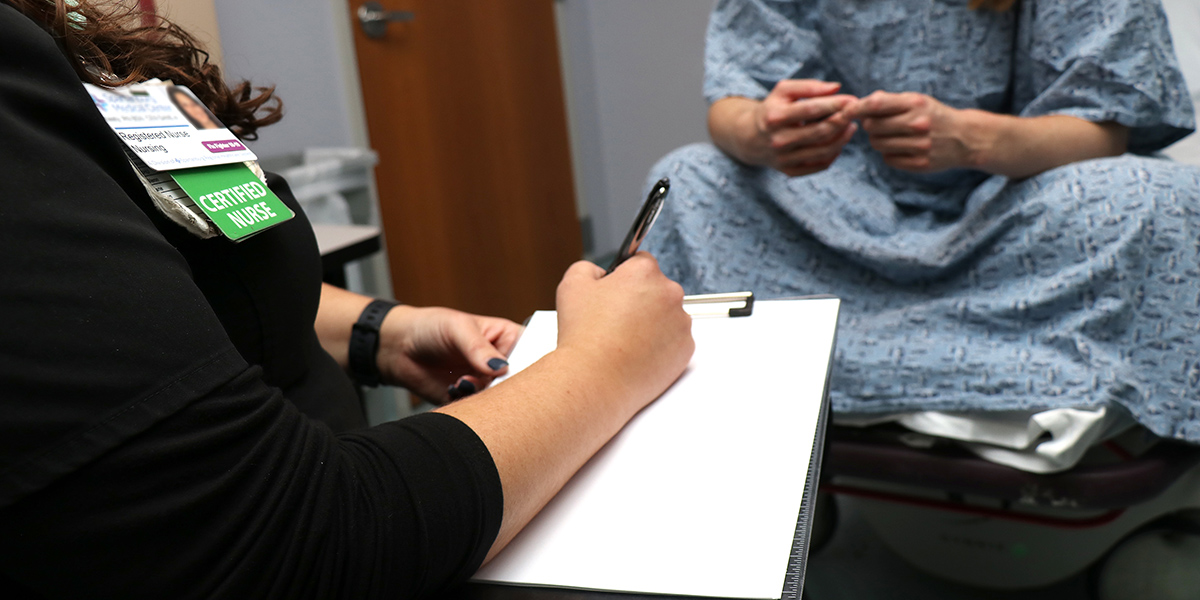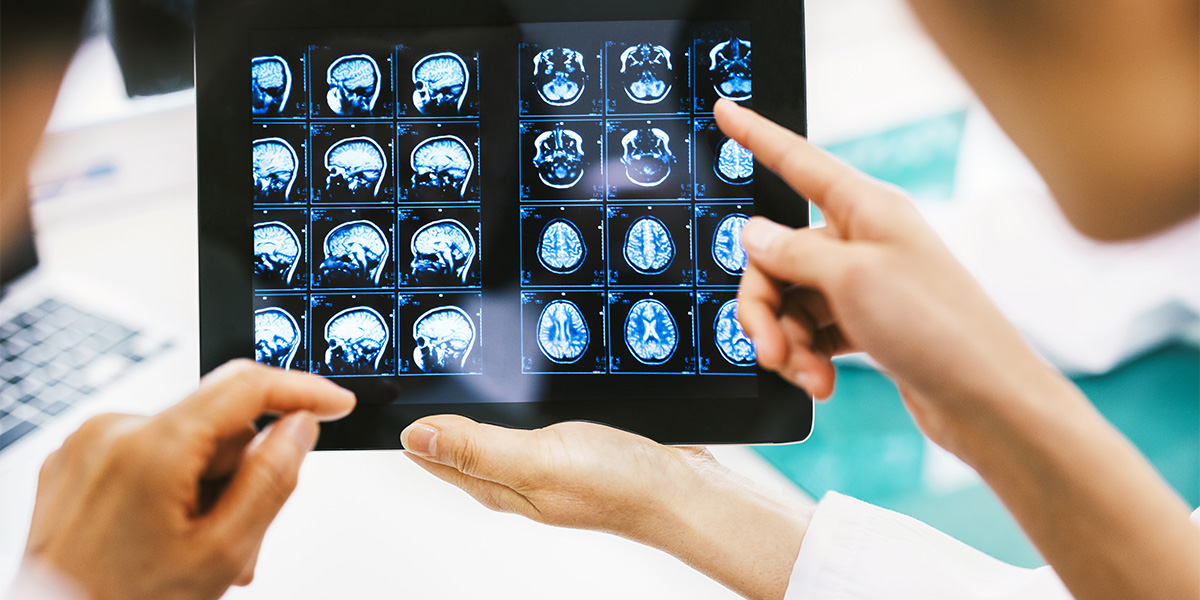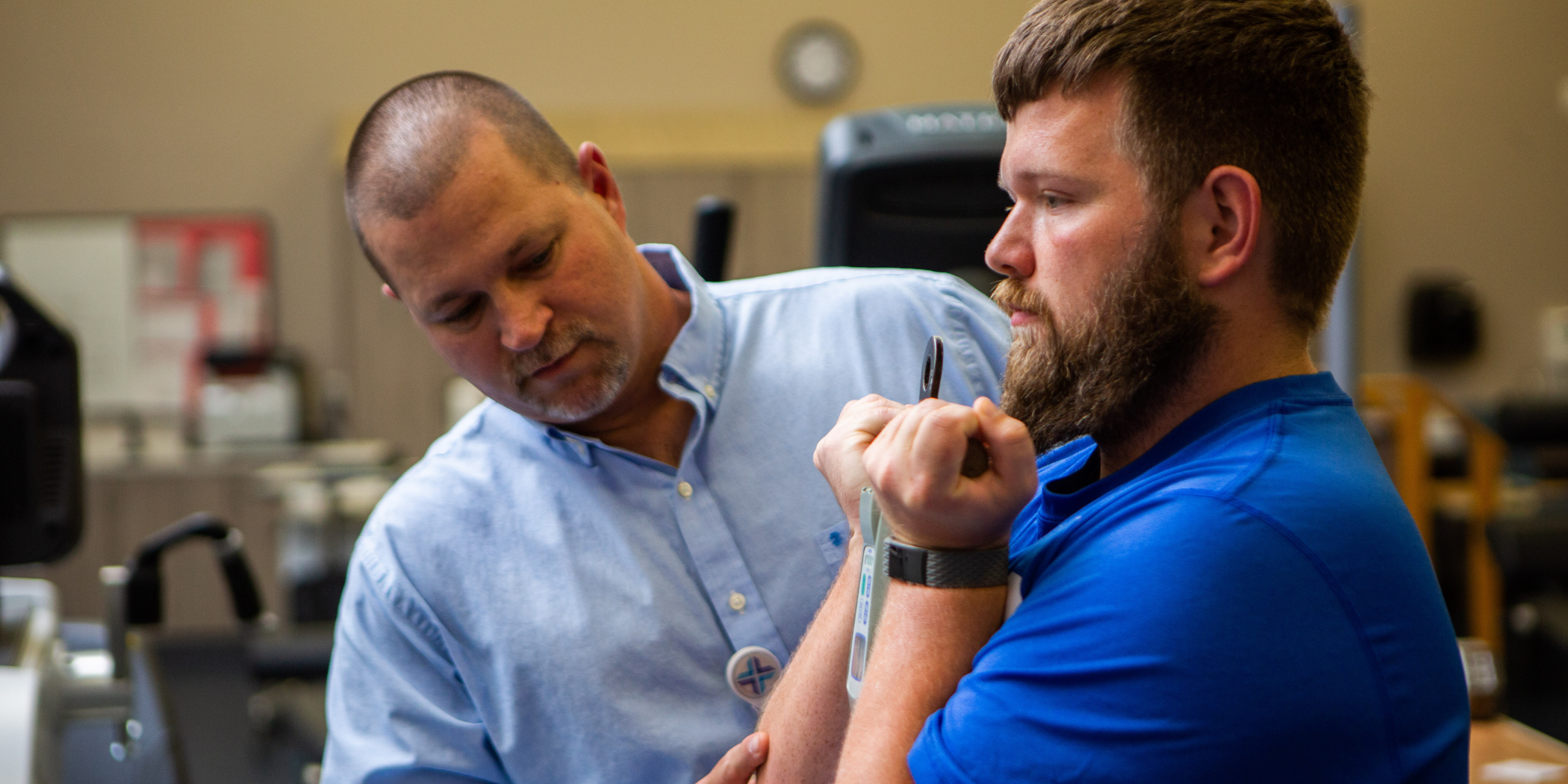
Taking the power back
Editor's note: Sexual crimes leave victims feeling isolated and alone. A network of medical professionals, law enforcement and service agencies in Spartanburg work together to give these victims the support they need.
This three-part series looks at what happens in the aftermath of sexual assault and sex trafficking. In it, we talk with a sexual assault victim; her name has been changed to protect her identity.
Sexual assault and sex trafficking victims receive help from more than just the Sexual Assault Nurse Examiner (SANE). The partnerships SANEs form with law enforcement agencies and advocacy organizations support victims holistically.
After a SANE examines a victim upon arrival in the emergency room, the patient decides if they want to contact law enforcement. Agencies typically send a uniformed officer to take a statement, then an investigator is assigned to the case. Physical evidence from the exam is analyzed and later used in court proceedings. SANEs are also trained to testify in court on the victim's behalf and present evidence found during the exam.
Spartanburg Regional Healthcare System works with agencies such as the City of Spartanburg Police Department. Police Lt. Doug Harwell said the agency's relationship with the healthcare system is one of their longest – for nearly two decades.
“SANE and the healthcare system are critical to our success,” he said. “In today's culture, juries want to see evidence and [SANE] is able to provide that in a way that victims are treated with respect and not victimized a second time. That gives us evidence to tie to the perpetrator. It makes the prosecution easier.”
Isa, not her real name, chose not to report her assault to the police. She didn't want to relive the ordeal. Now as a volunteer with SAFE Homes-Rape Crisis Coalition, she encourages victims to do what she could not.
“I tell everyone it's OK to press charges, and to take that power back if they want to,” Isa said. “It's better to do something than to not to anything. That's what I decided to do: I got tired of sitting around and decided to be an advocate for someone else.”
Jennifer Combs, forensic nursing coordinator for Spartanburg Regional Healthcare System, said these partnerships matter for the patient. Knowing their options helps victims realize the help isn't just for now, but for their entire journey.
“It lets them feel at ease with the process,” Combs said. “To let them know we're familiar with all the resource agencies in the area, and to be able to say I've worked with Lt. Harwell on many cases.”
Cases and changes
Victims are becoming more comfortable reporting sexual assault, Harwell said.
In sexual assault cases, the perpetrator is not always a stranger, according to SAFE Homes Victim Services Director Marlene Evans. It could be a friend, family member, acquaintance or someone in a position of authority like an employer, coach or professor.
“The victim loves/respects this person and is confused by what's happened to them, so they self-silence,” she said. “That's another reason perpetrators are astute at keeping victims silent with guilt, shame and embarrassment.”
As for sex trafficking, technology has made it more difficult to identify. These days, trafficking occurs on the darknet, a part of the internet accessible only through tools that ensure the user's anonymity.
In addition, mobile apps and social media also give people more access to each other because of technology's far reach.
Some websites connected to sex trafficking include SkiptheGames.com and Craigslist. In May, Greenville police arrested 27 men during a prostitution sting called “Operation May Day.” Posing as females on websites, undercover agents set up sexual encounters for money.
“And it's difficult if you don't have access to the apps,” Harwell said. “It can be frustrating from a law enforcement standpoint, because you can waste a lot of time if you don't know what you're looking for.”
Harwell said one way to tackle both crimes requires the public's involvement. The police department, the healthcare system and advocacy organizations meet quarterly to discuss issues, cases and how to better serve victims with services.
“Most people who are victimized can change, become more withdrawn,” he said. “There can be visual signs. These things need to be reported.”
Law enforcement and advocates can't help if they don't know what's going on, Harwell said. He said the public can help by speaking up.
In the aftermath
Report sexual assault by calling 911. If you are a victim and you need help, you can also contact the SAFE Homes-Rape Crisis Coalition at 864-583-9803 or 800-273-5066.
Exams for victims of sexual assault and sex trafficking are offered 24/7 at Spartanburg Regional's hospitals.
Part III of this series will publish on Nov. 13 at DiscoverHealth.org.












